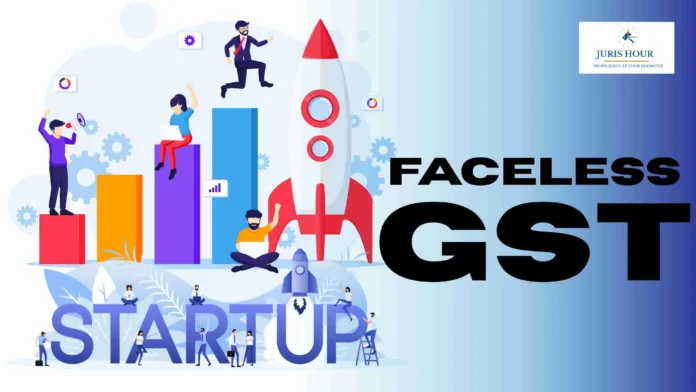Mahima Jalan, a young entrepreneur and founder of a creative agency, has spoken out against the systemic hurdles Indian startups face, calling out corruption in the GST registration process and the regulatory roadblocks in receiving international payments.
Her post, shared on X (formerly Twitter), comes in the wake of Union Minister Piyush Goyal’s controversial remarks on the value being built by Indian startups.
Jalan, who holds a Master’s in Journalism, chose to launch her own agency to create jobs and contribute to the economy. However, her early enthusiasm quickly gave way to bureaucratic challenges.
“My GST application was rejected, not due to any issue in paperwork, but because the officers expected an in-person visit, just so I could ‘settle’ things under the table,” she wrote in a now-viral post.
Allegations of GST Corruption and RBI Hurdles
Jalan highlighted that her experience was not an isolated incident, but part of a broader pattern that many small business owners in India encounter. She emphasized the need for transparency and reform in the Goods and Services Tax (GST) registration process.
In addition, Jalan flagged serious issues with international payment processing under existing RBI norms, which she claims threaten the survival of service-based startups working with global clients.
“Even if a client pays you, the payment can get flagged, your account might get blocked, and you have to fight just to get your own money,” she said. “And when you try to complain? No one gets back to you.”
Her comments reflect a growing disillusionment with the disconnect between the startup-friendly rhetoric of policymakers and the on-ground reality of red tape, bribes, and opaque regulations.
Piyush Goyal’s Startup Remarks Ignite Backlash
Jalan’s remarks come shortly after Commerce and Industry Minister Piyush Goyal criticized Indian startups for focusing on sectors like food delivery, fantasy gaming, and betting, rather than investing in deep-tech innovation. “Do we have to make ice cream or chips? Dukaandari hi karna hai,” Goyal said while praising China’s focus on AI, semiconductors, and EVs.
“It hurts. Not because building a business is hard — I signed up for that. But because when you’re trying to do something right, you’re met with red tape, bribes, and zero support from the very system that claims to champion entrepreneurship,” Jalan responded.
Industry Voices Join the Call for Reform
Backing Jalan’s concerns, Deepak Shenoy, CEO of Capitalmind, acknowledged that such “in-person” GST visits are now standard practice to expedite registrations. He urged Finance Minister Nirmala Sitharaman and Piyush Goyal to implement a faceless, time-bound GST registration system.
“Please allow residential address for GST. Currently, they just deny or put fines,” Shenoy said, stressing the need to support home-based and knowledge-sector startups.
The Larger Picture: Red Tape vs. Innovation
As India aspires to become a global innovation hub, stories like Jalan’s serve as a stark reminder that deep-tech innovation cannot thrive in a hostile regulatory environment. The government’s emphasis on value creation must be matched with concrete policy reforms that reduce friction for startups of all sizes and sectors.
With increasing public scrutiny and rising demands for transparency, the ball is now in the government’s court to bridge the gap between startup policy promises and actual ease of doing business.




![GSTAT Notifies Goods and Services Tax Appellate Tribunal (Procedure) Rules, 2025 [READ RULES] GSTAT Notifies Goods and Services Tax Appellate Tribunal (Procedure) Rules, 2025 [READ RULES]](https://www.jurishour.in/wp-content/uploads/2025/02/GSTAT-218x150.webp)
